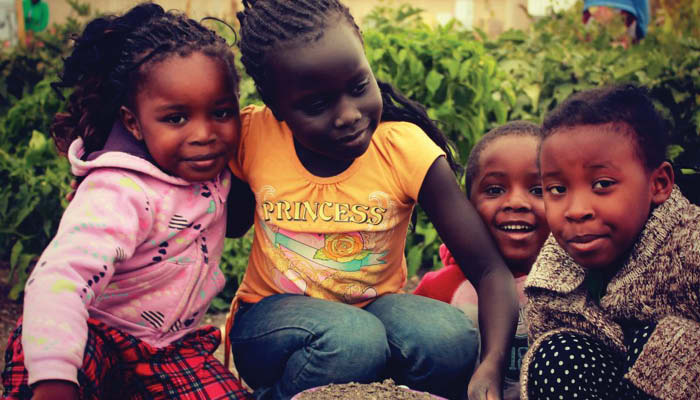Every day in the Red River Valley, thousands of parents pack their children’s backpacks, bundle them up, and send them off to school. It is expected, and demanded, that their children will be kept safe during the day, that they will continue to learn and grow as intended. Imagine, however, that you are one of the parents of the 59 students that were shot or burned to death last week by a rebel group in Nigeria. Those children got up in the morning as if it was just another day. Their parents likely kissed them on the cheek and wished them well. Those children will not be coming home. Unlike area parents, those living in volatile countries know the risks. They see death and destruction all around them; yet somehow they cling to hope. It is by sheer happenstance that some are born in the middle of conflict while others enjoy freedom and opportunity. Yet, despite our differences, we are all part of the same family.
What is a refugee?
A refugee is a person who has fled his/her country because of fear of persecution based on race, religion, nationality, membership of a particular social group, or political opinion. Although incorrect, the term “refugee” and “immigrant” are often used interchangeably. Unlike a refugee, an immigrant relocates to a new country because they choose to. Immigrants are free to return to their home country without fear. Refugees, on the other hand, rarely return due to fear of imprisonment, torture, or death.
According to the United Nations High Commission for Refugees (UNHCR), every 4.1 seconds a person becomes a refugee or is displaced. As of late 2013, there were an estimated 15.4 million refugees around the world, 80% of which are women and children. Only 1% of the world’s refugees get relocated to a third country like the United States.
To put the situation in the proper perspective, consider the Zaatari refugee camp in Jordan, where 120,000 Syrians have taken refuge. The camp was originally designed for 100 families, but the people kept coming. 75% of the camp is women and children, ranging in age from 2 days to 105 years. Those 120,000 people live in 25,000 shelters, most of which measure 15 x 18 meters. It is estimated that a total of 4 million Syrians will have left their homes by late 2014 to escape the bloodshed that has claimed 2,000 lives in the last three months alone.
Lutheran Social Service New Americans:
Refugee resettlement in North Dakota is handled by Lutheran Social Service New Americans. The program resettles 400 refugees annually (300 in Fargo and West Fargo, 90 in Grand Forks, and 20 in Bismarck). Many additional refugees migrate to the area after initially settling in other part of the United States. LSS has resettled 4,000 refugees from 35 countries since 1997. “Refugees come to our community with a hope for a new beginning



